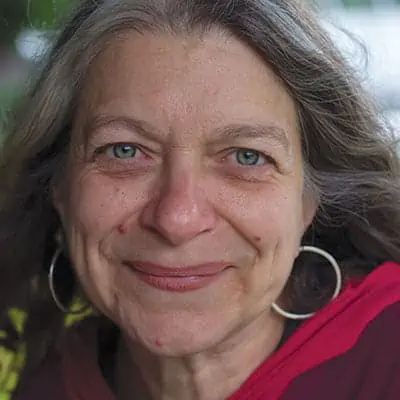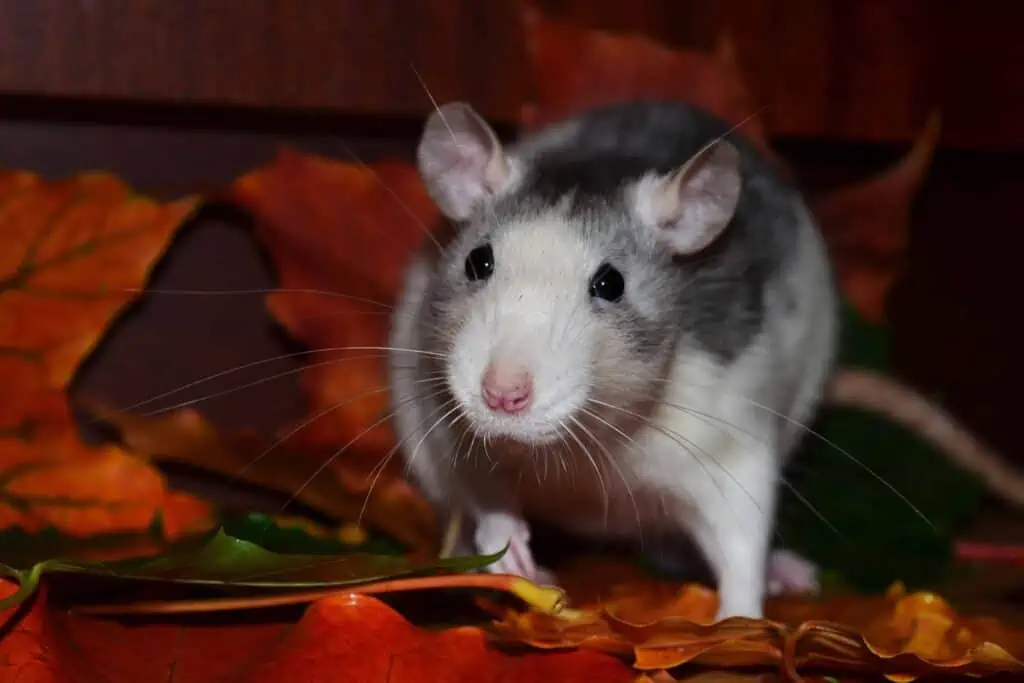While Zsuzsi Gartner built her early career as a writer in journalism, working as a newspaper reporter, then a TV current affairs producer and then a magazine writer and editor, she has been interested in creative writing from an early age.“
I wrote derivative fiction as a kid and through my teens and early twenties,” she said. “I’m highly susceptible to influence. First C.S Lewis – I wrote my own version of The Lion, the Witch and the Wardrobe in grade five – then Kurt Vonnegut, Tom Robbins and Dostoevsky and Kafka, which made for some weirdly hybrid early prose.”This combined with an interest in the world to lead her to a degree in political science, and also to involvement with the student newspaper at the University of Calgary, which led, as it often does, to journalism.“
But all the while,” she said, “I was plunking away at fiction, trying to find my voice, my own stories.”
And this desire led her to the Masters in Fine Arts program at the University of British Columbia after she moved to Vancouver.She accepts that she has what some reviewers have called an “off-kilter” approach to storytelling.“
Although I enjoy reading some realist fiction, I’m just not interested in writing it. The times I’ve tried, it felt inauthentic – as if I was wearing terribly ill-fitting clothing that chafed in all the worst places,” she said.
“I also write, primarily, social satire, and satire depends on a certain degree of amplification of reality.“
I’m convinced that satire, dark humour, is the primary way to write seriously these days about the whacked-out world we live in, without sounding melodramatic or like a preacher. I’m inspired by writers who take a version of our fraught, contemporary world, make us laugh at its grotesqueries, and then break our hearts. This is what I aspire to. The darkly tragic-comic.”
Her 1999 collection, All the Anxious Girls On Earth, was described by one reviewer in these terms: “Gartner modulates consciousness; she stops short of slapstick but keeps the slap.”
In 2010 she edited a collection of dystopian speculative fiction by Canadian writers, with the descriptive title Darwin’s Bastards.Her most recent collection, out in 2011 and shortlisted for that year’s Giller Prize, was titled Better Living Through Plastic Explosives. Its contents prompted another reviewer to call her the “anti-Munro”, which was not a criticism, just a way of contrasting her themes with the more realistic work by Alice Munro.
Gartner composes at her keyboard, but does all her revisions on the printouts with a back uni-ball pen. First drafts are just the beginning, “to get the engine revving”.“When I’ve been away writing somewhere (with) no access to a printer I feel at a loss and a little antsy, as that combination of hand-revising and composing by keyboard feels essential to my process (when really, it’s not, it’s just that writers like to convince themselves that they can’t write unless the stars align in a certain fashion).”She also likes index cards, and uses them to rearrange scenes, dialogue, and for storing research notes.
“My background in journalism has also made me a stickler for ‘the facts’ (even as a fiction writer). If you’re using/referencing something in the ‘real world’ – you better be 100 per cent or… anyone who notices a factual error will be less likely to trust or believe in the verisimilitude of your narrative.”
Gartner will be reading to the general public at Live Words on May 2, which takes place during the Yukon Writers’ Festival, and working with young people – something she likes to do – at the Young Authors’ Conference during the next two days.She advises young people to live large and develop other interests apart from the craft, but when it comes to writing itself, she is firm:
“My advice is always variations on a theme: Read, read more, think about why you want to write the things you write; read, read, write sentences, loads of sentences; read some more; think about how you want to write the things you write; read, read and read more. Take writing and the world seriously, don’t take yourself too seriously, don’t be precious, and read some more.”





